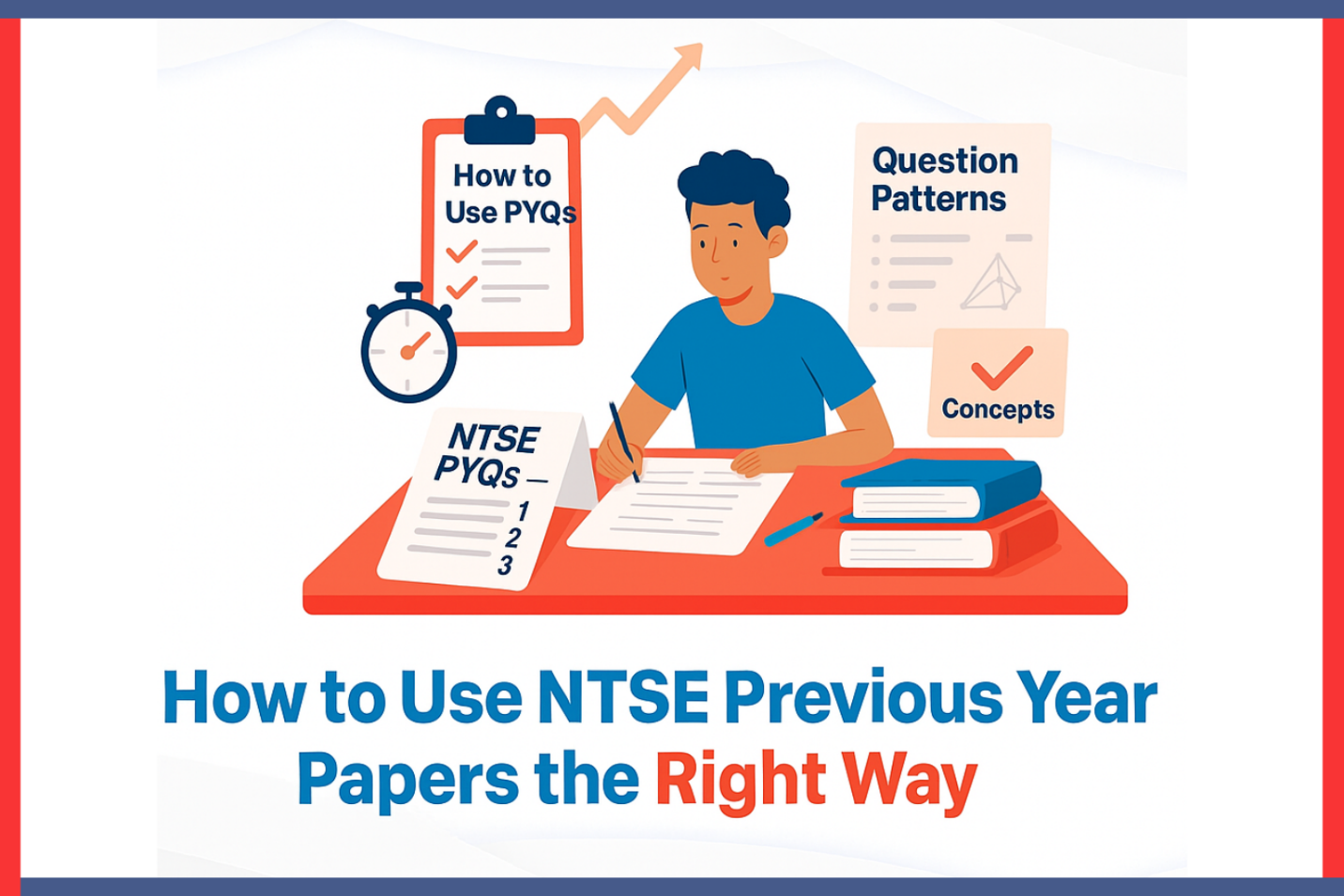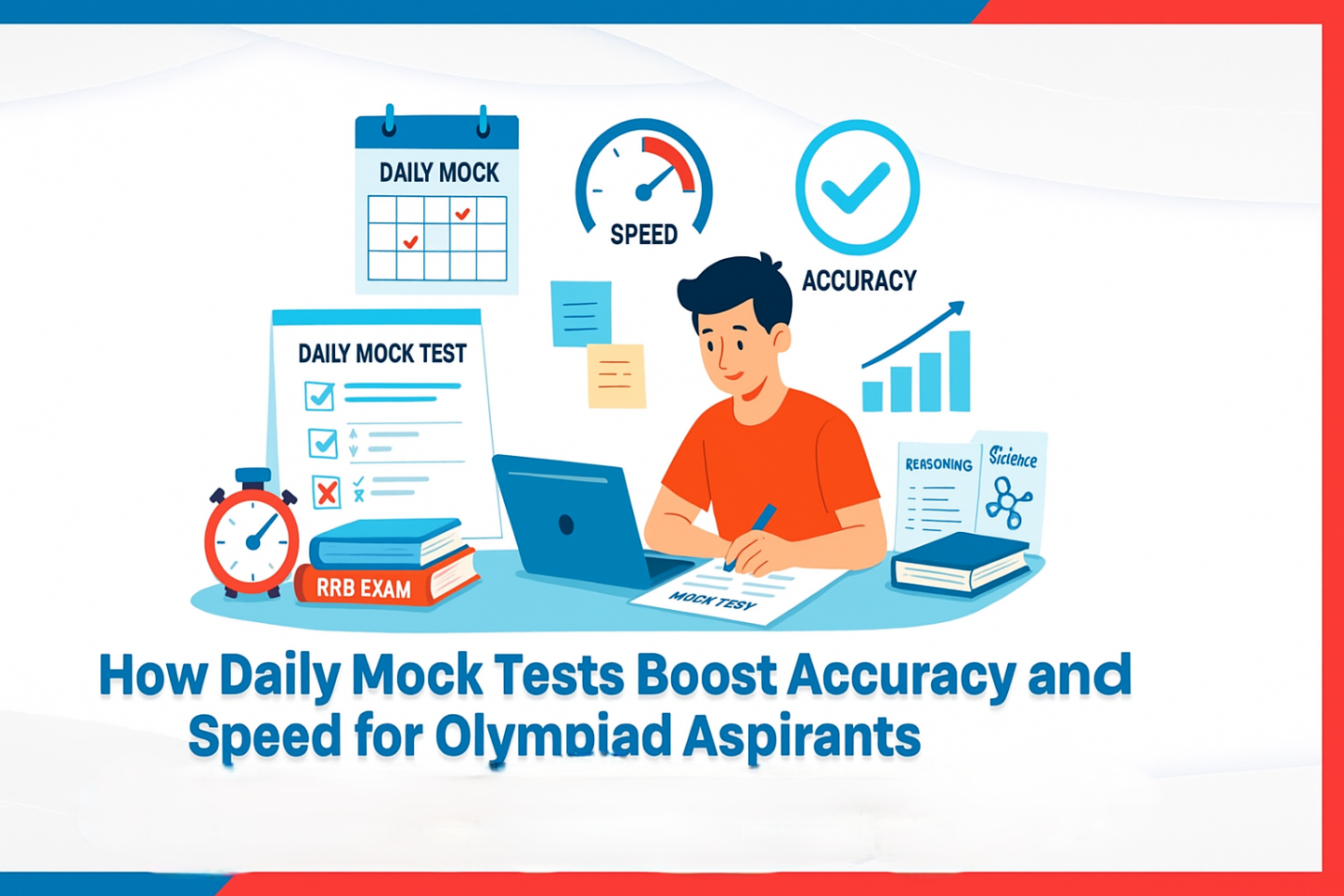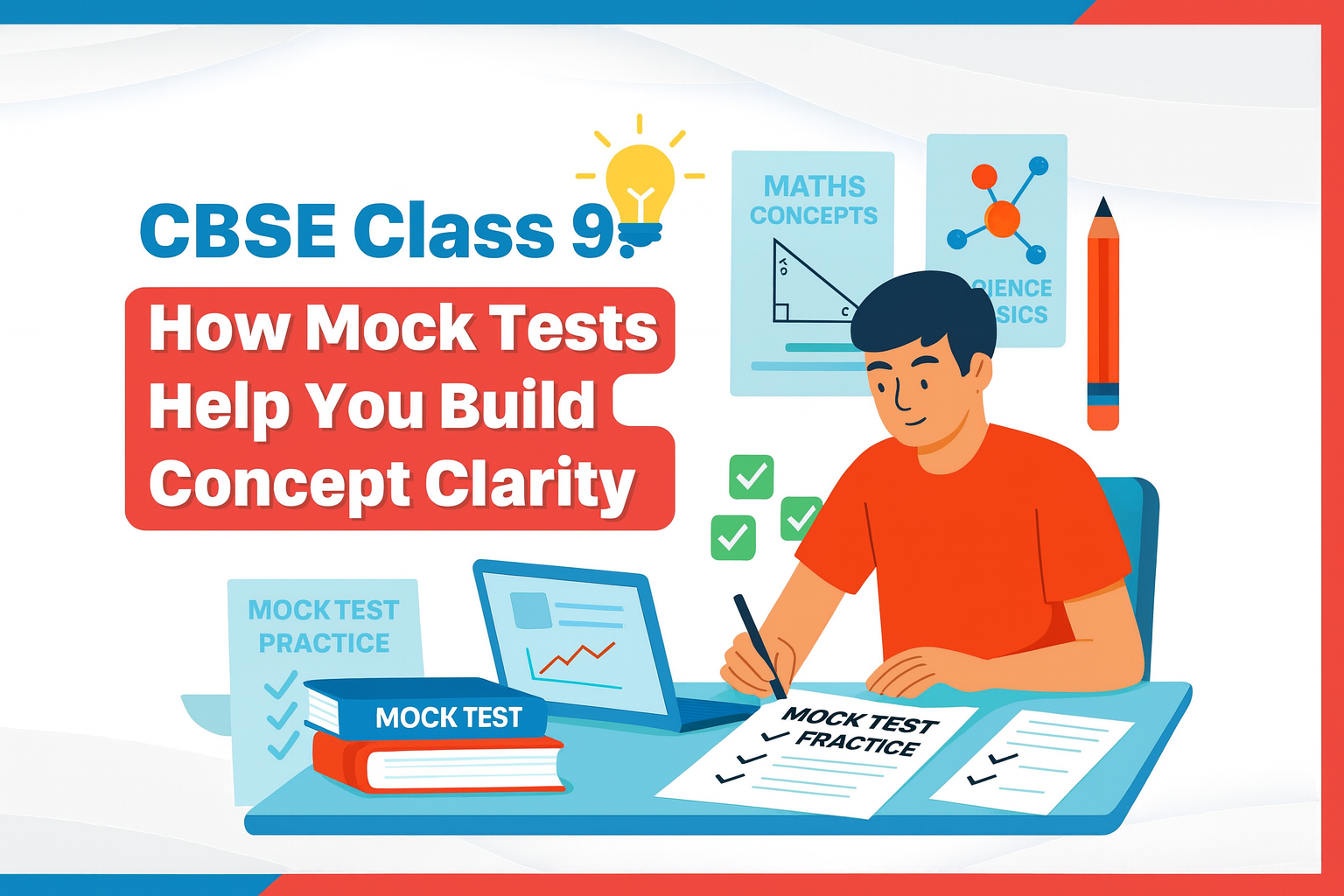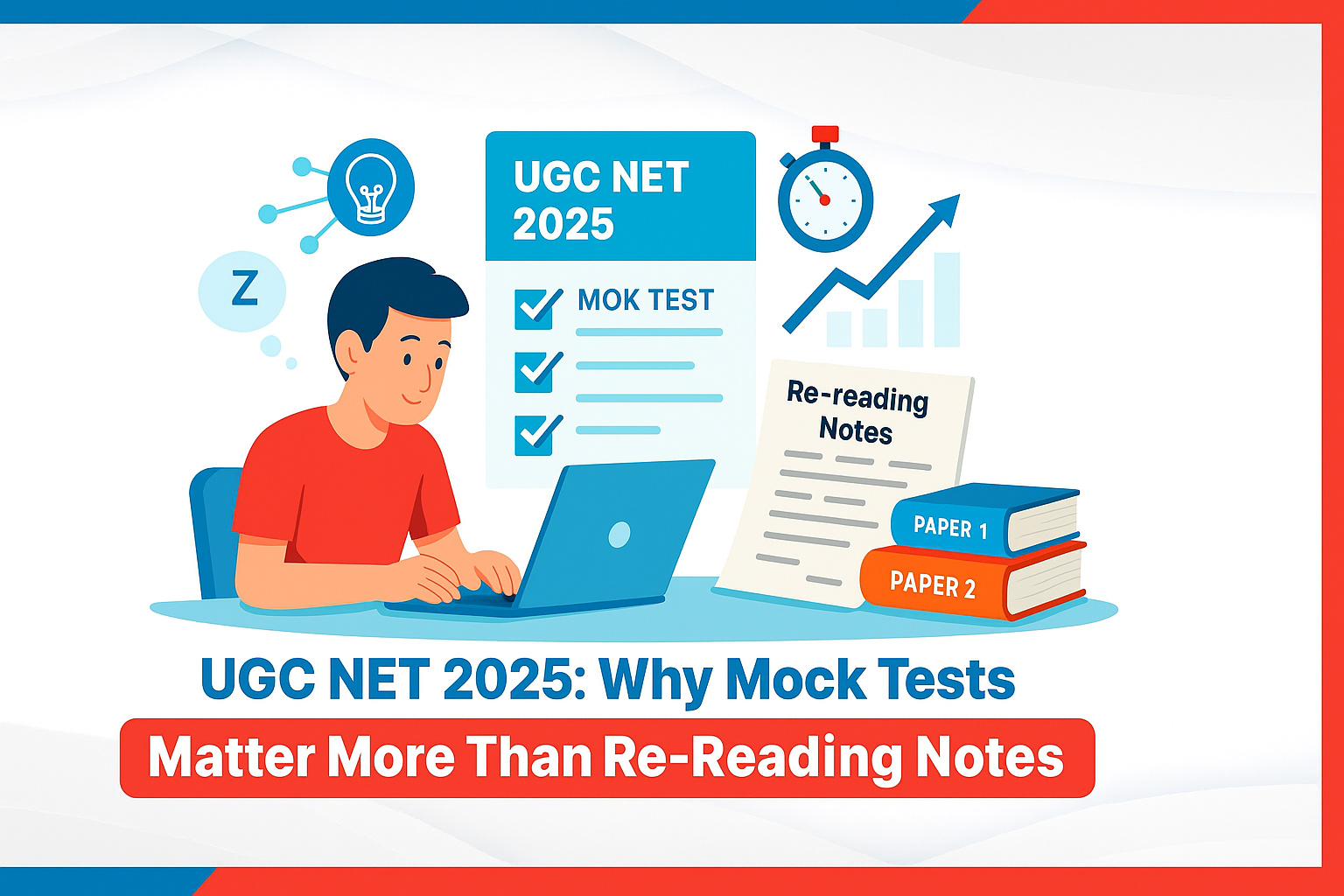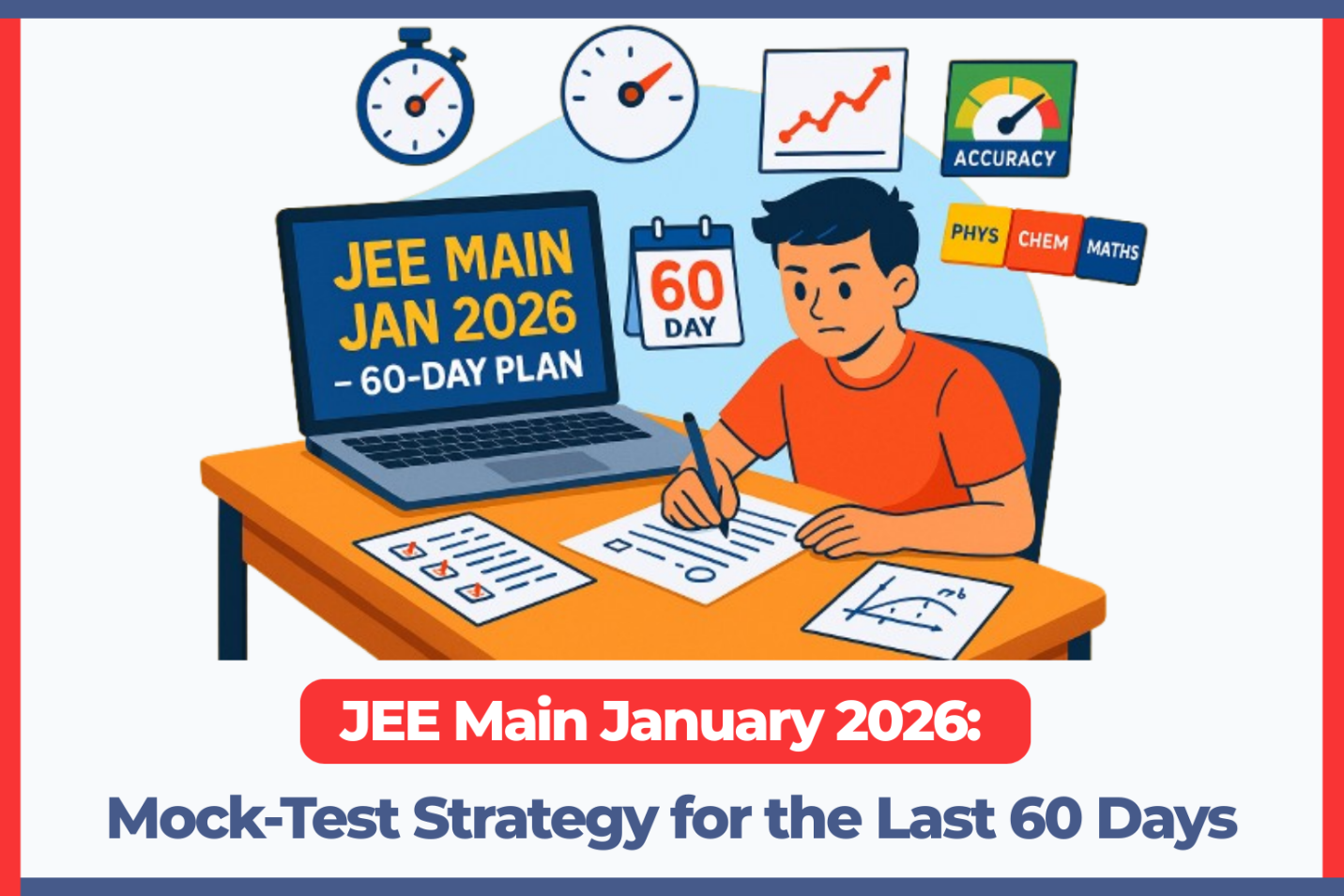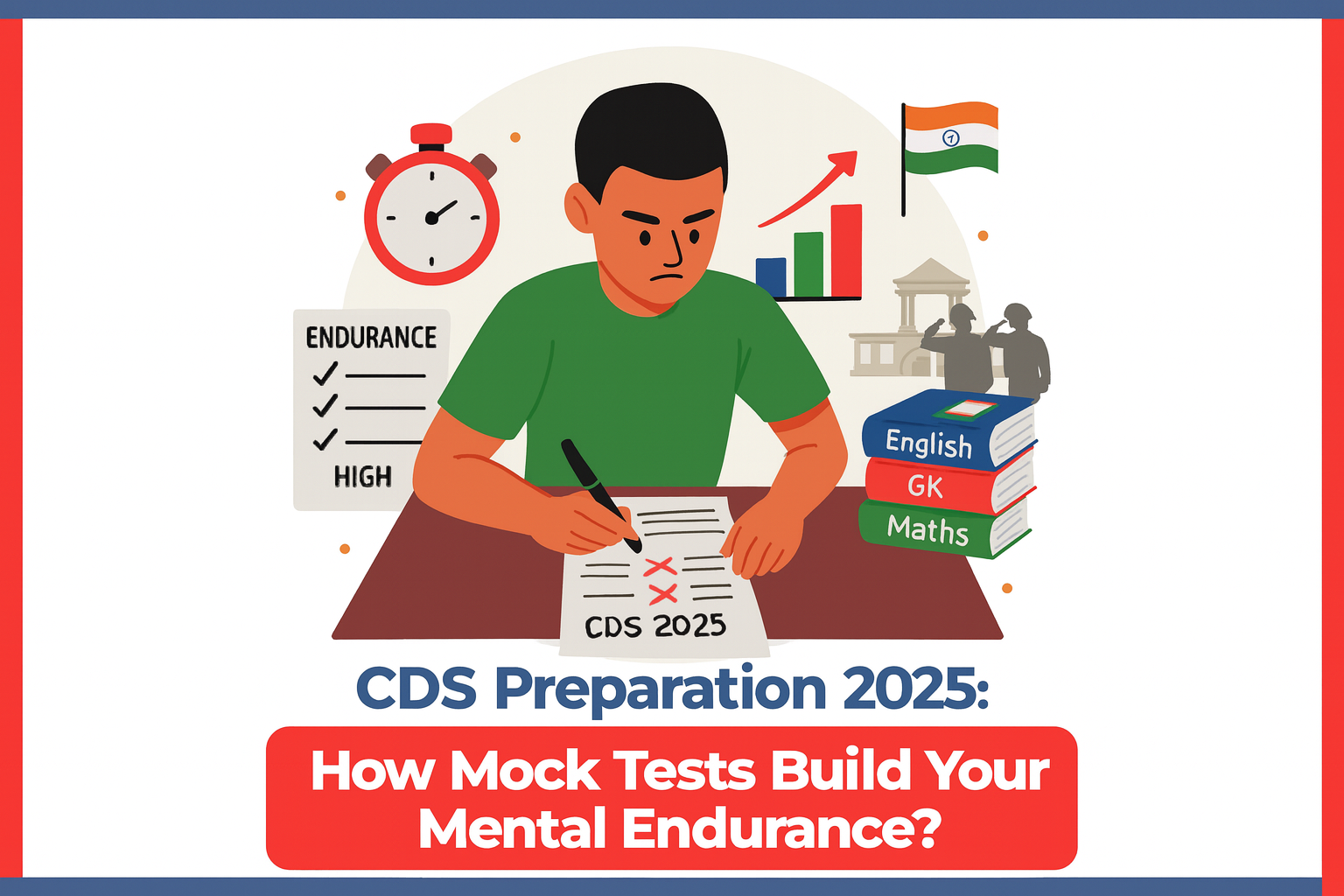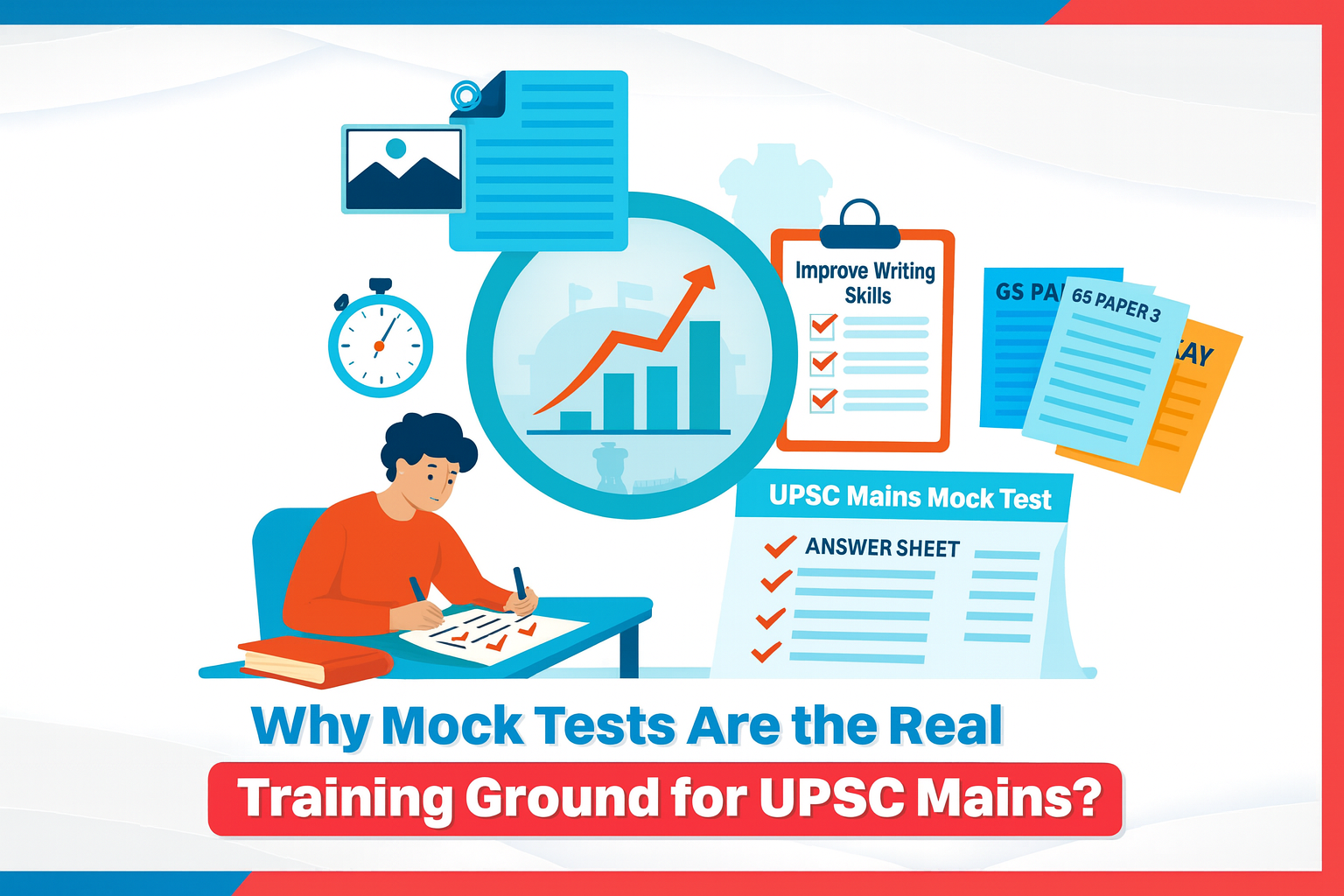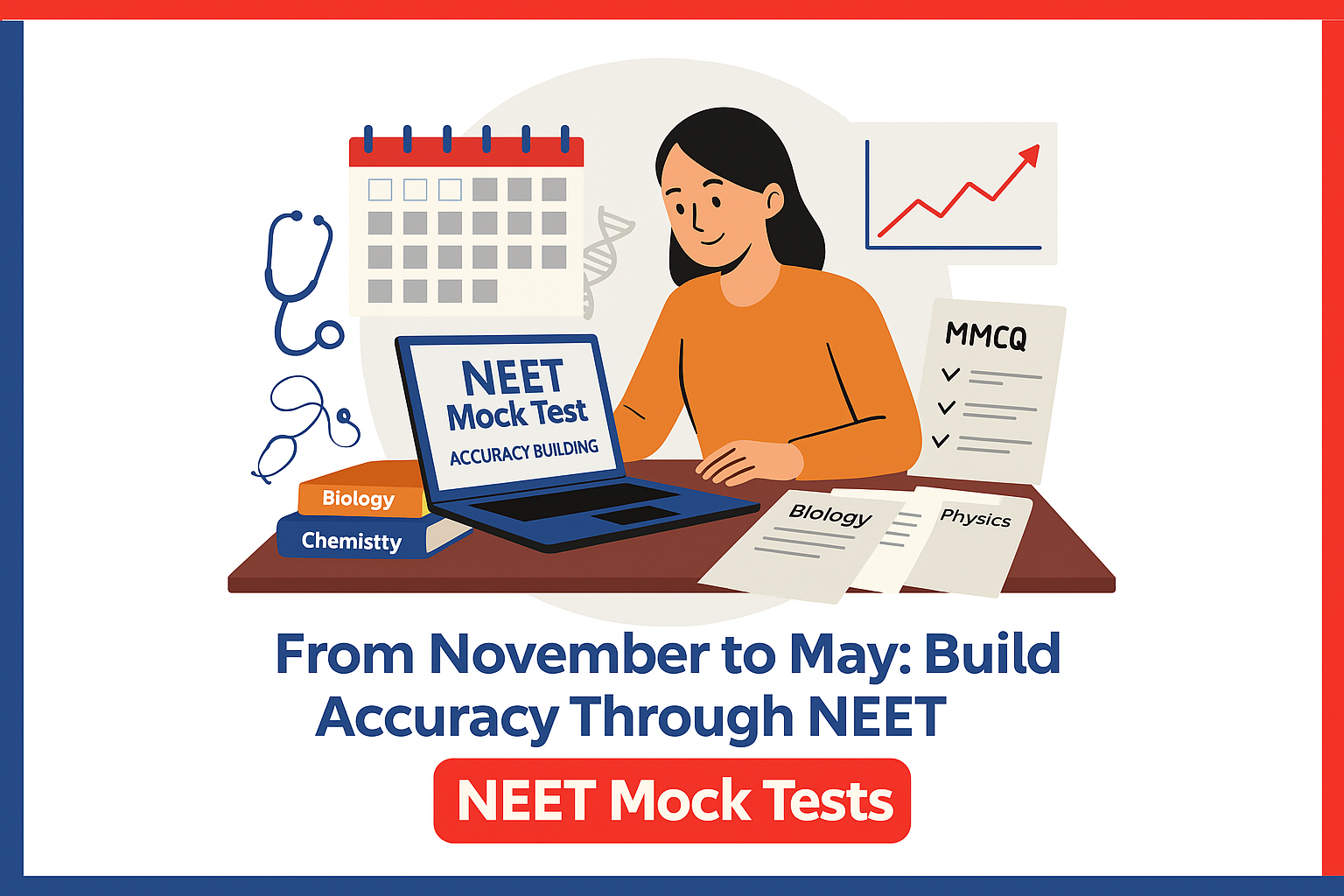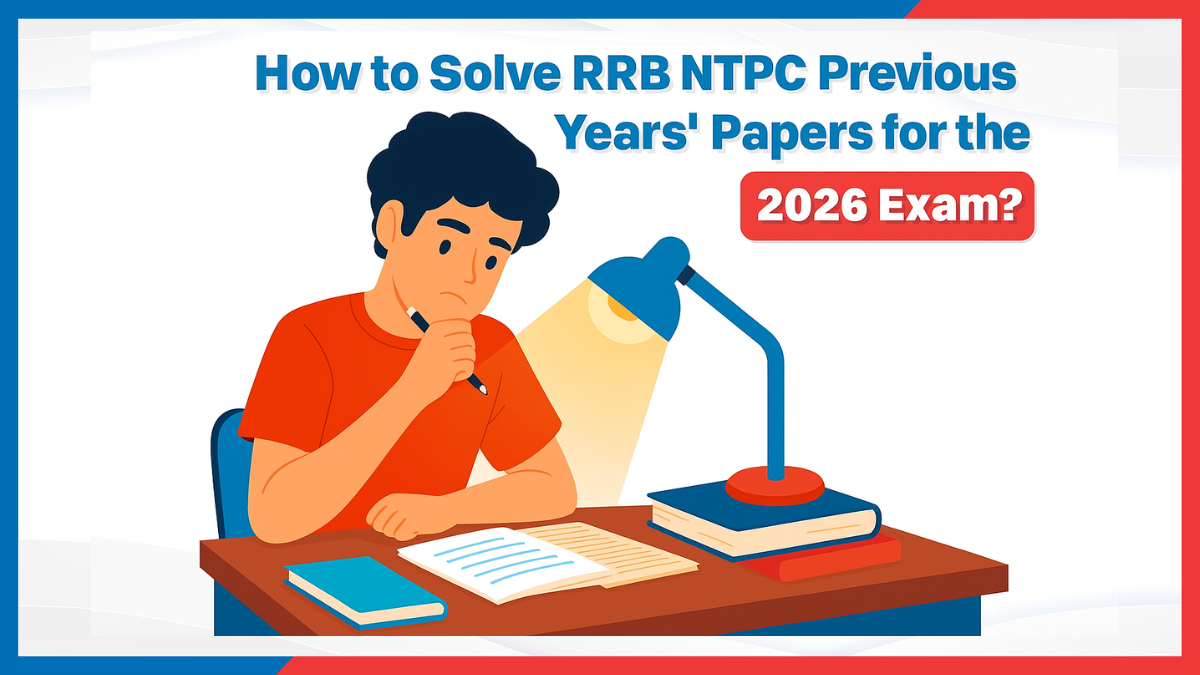
As per the 2026 exam pattern, candidates should practice RRB NTPC previous years' papers by solving them within time limits. Regarding preparation strategy, focus on weak areas after checking answers and review important topics regularly.
As per exam requirements, preparing for RRB NTPC needs more than just reading books and guides. Regarding proper preparation, students must follow additional study methods beyond textbooks. Basically, solving RRB NTPC previous year paper is the same as getting an advantage when thousands of people are competing for the same job. Moreover, basically, these papers show what types of questions will come and help students prepare the same strategy for the 2026 exam.
Must Read: Best Strategy to Crack RRB NTPC 2026 Exam in First Attempt
We are seeing that PYQs only help students understand exam patterns and important topics. Focusing on previous year questions gives better preparation results.
The NTPC exam follows a set format, and students can further understand the frequently asked topics, difficulty levels, and question types by studying previous years' questions. This practice helps students prepare better for the exam itself. Moreover, as per this approach, students can focus their preparation properly and save time regarding unnecessary topics. This method helps avoid wasting time on irrelevant material.
Basically, you need to follow the same step-by-step method for solving papers - read questions properly, plan your time, and write answers clearly.
Further, actually, begin your practice with a timed test to check your current level. This will definitely help you understand which areas need more work.
Recommended Links:
For Best RRB NTPC Books for the 2026 Exam – Click Here
For Best RRB NTPC Mock Test Paper & Previous Year’s Question Papers for the 2026 Exam – Click Here
As per the preparation strategy, begin by attempting a previous year's question paper for practice. This creates a real exam environment and checks your natural accuracy and speed as per actual test conditions regarding performance assessment. As per the guidelines, treat the first attempt as a proper test and do not take any shortcuts regarding the process.
You should actually check how well you performed in your tasks. This will definitely help you understand your strengths and weaknesses clearly.
Also, when you finish, we are seeing that careful review of responses is only necessary for accuracy. We are seeing that you should only point out the places where you made mistakes or wasted your time. This analysis is surely important because it shows which areas need improvement. Moreover, it helps us understand the specific problems that must be fixed.
Surely, questions must be sorted according to their difficulty levels for better organization. Moreover, this arrangement helps students progress systematically from easy to hard problems.
The questions should be sorted into three groups: easy, moderate, and challenging. This grouping will further help in organizing the difficulty levels themselves. Easy questions should be mastered for speed itself, while moderate and challenging ones require further practice and conceptual clarity.
As per the study requirements, students must review all important concepts regarding the subject matter.
As per your performance analysis, make quick changes to basic concepts if you are getting repeated mistakes in areas regarding general knowledge, reasoning, or maths. When we see that our mistakes connect to theory, we become only more prepared for future situations.
You need to keep checking how things are going over time. It's the same as tracking your progress regularly to see if you're improving.
Basically, for each paper, maintain the same notebook to record your accuracy rate, attempted questions, and weak areas that need improvement. You will actually see clear improvements in speed and confidence when you compare results over a few weeks. These changes will definitely be easy to measure and notice.
Here are some additional tips that follow the same approach for achieving success.
Practice every day: You should actually set aside one to two hours daily to work on paper problems. This will definitely help you improve your skills.
As per the exam preparation strategy, complete PYQs to understand past trends and take mock exams regarding new patterns. This combination will cover both old and possible future question types.
Focus on speed and accuracy further, as asking more questions will not help if the accuracy itself is poor. Also, we are seeing that maintaining accuracy while working fast is only possible when we balance both aspects carefully. Speed should not compromise the quality of results we achieve.
Are You a Teacher? For Latest Updated FREE RRB NTPC Sample Books for Teachers- Click Here
Surely, this study provides clear evidence for the main research question. Thanks to the results, future investigators will be able to have a better insight about this question.
Practicing RRB NTPC previous year question papers certainly helps candidates in preparation for the 2026 exam, as it provides a clear knowledge of which type of questions you need to expect in the exam. Also, this habit will make you more capable of managing time and questions aptly.




